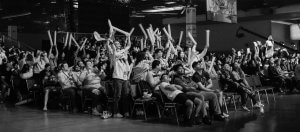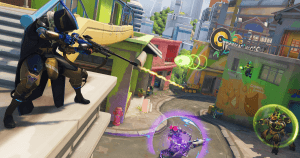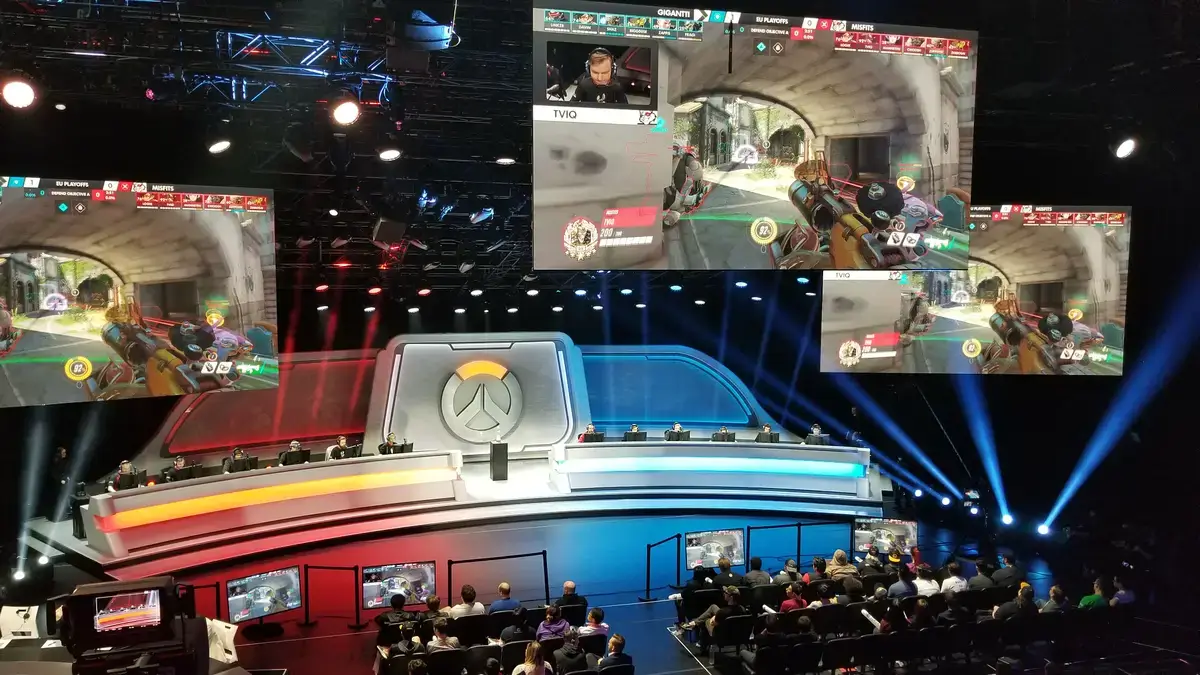The Overwatch World Cup Grand Finals at BlizzCon 2023, marked by enthusiastic crowds and a climactic battle between China and Saudi Arabia, symbolized more than just a gaming event; it was the end of the Overwatch League as we know it.
Amidst the rumors and a poignant farewell from host Soe Gschwind, the structured and predictable world of Overwatch esports seemed to be dissolving.
Optimism Amidst Change
Despite the looming threat of unemployment and the disbanding of the Overwatch League, the sentiment at BlizzCon among players and talent leaned towards optimism. They envision a future for Overwatch 2 esports that is global, grassroots, and inclusive of the broader community’s wishes.

Challenges and Opportunities for Players
As the Overwatch League’s structure and promise of minimum salaries fade away, players like Rupal Zaman of the Florida Mayhem are considering dual paths in collegiate esports and professional play. This period of transition brings both challenges and opportunities for adaptation.
Casters and Analysts at a Crossroads
Casters like Cassi “CeeBee” Brown and Jake Lyon face the uncertainty of their professional future in a reshaped Overwatch 2 esports landscape. The absence of a stable income from regular tournaments has cast doubt, yet there’s a shared hope for a more open and sustainable esports ecosystem.
The Future Structure of Overwatch Esports
Several ideas are circulating about the future format of Overwatch 2 esports. Suggestions include:
- Region-Locked Tournament Leagues: Emulating the success of other esports like League of Legends, with regional competitions and international events.
- Global Grassroots Tournaments: Building on the global appeal of Overwatch 2, there’s a desire for more international LAN events and region-specific competitions.
- Less Restrictive Tournament Guidelines: Allowing third-party organizers to return and contribute to a diverse and vibrant competitive scene.

The Role of Microsoft and ESL FACEIT Group
With Microsoft’s acquisition of Activision Blizzard, and rumors of ESL FACEIT Group’s involvement, the community awaits concrete plans for the future of Overwatch esports.
Building a Sustainable Future
Long-term success and sustainability are key goals, with the community urging for a model that avoids the financial pitfalls of the Overwatch League. This includes considering economic factors and delivering content that resonates with fans.
The Evolving Landscape of Overwatch 2 Esports
The future of Overwatch 2 esports, although uncertain, holds potential for a revitalized and more globally connected competitive scene. As Overwatch transitions from its league-centric past, there’s an opportunity to build a more sustainable, community-driven esports environment that learns from the successes and failures of the past.

